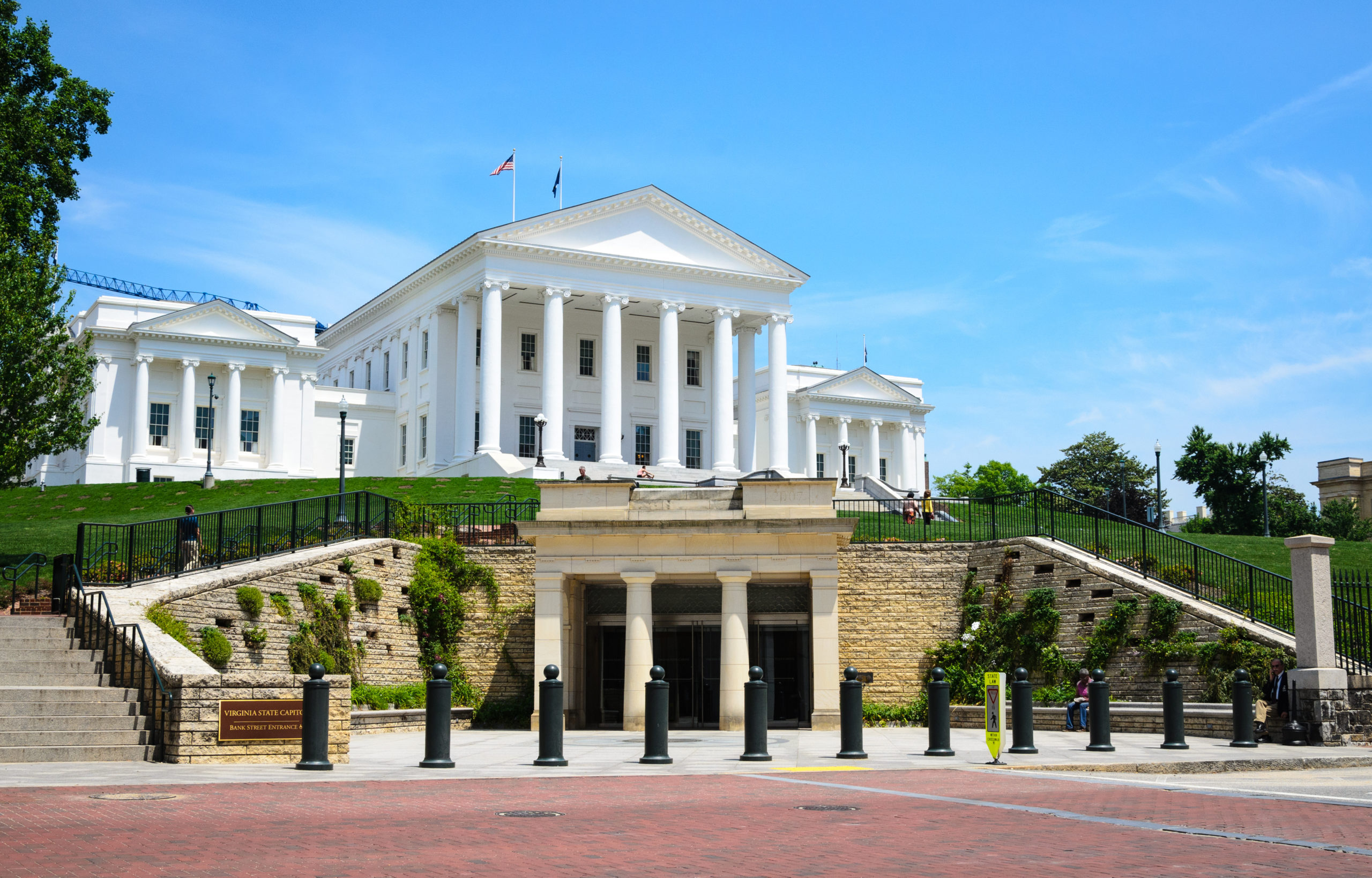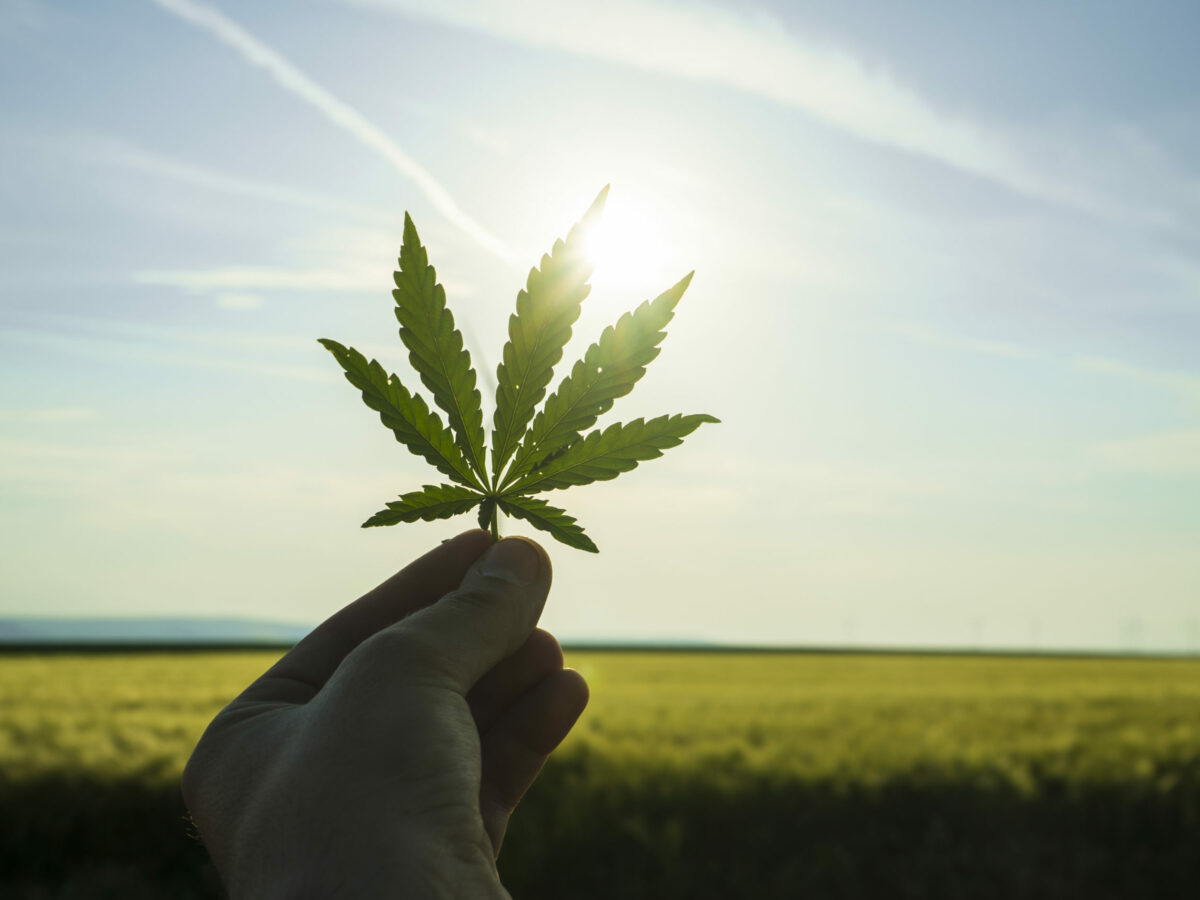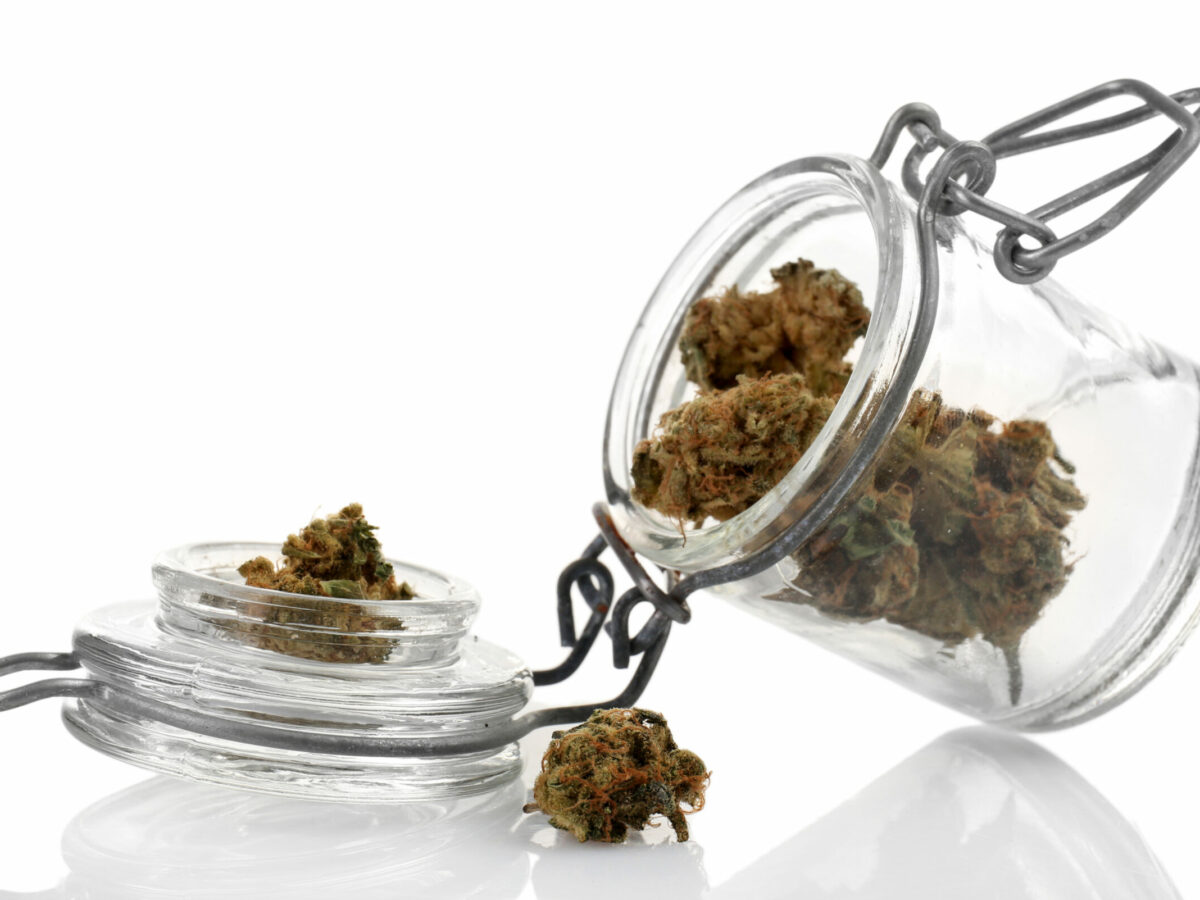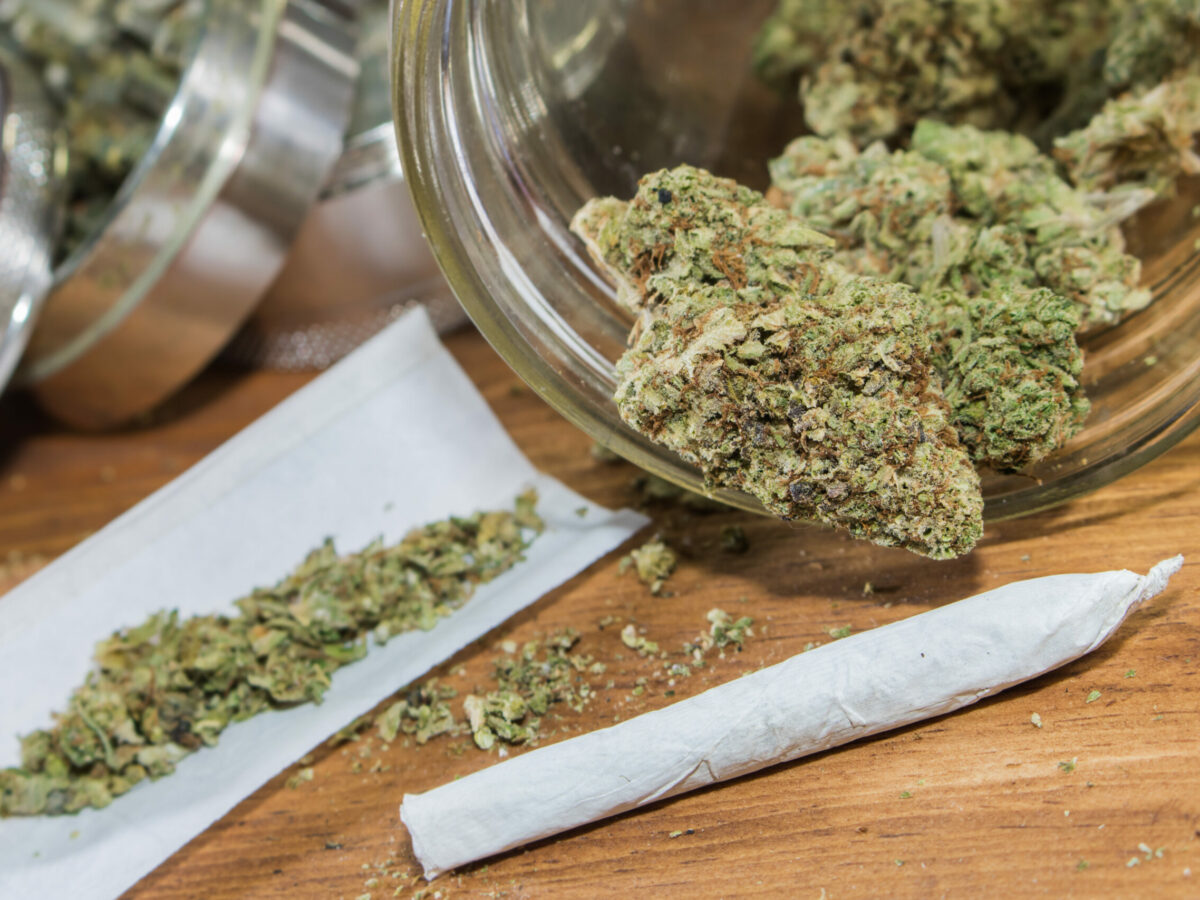Virginia lawmakers on Wednesday approved a budget package for the state’s upcoming fiscal year that includes last-minute amendments to create new crimes for cannabis possession and impose tougher restrictions on hemp products like CBD.
The amendments would make possessing more than four ounces of weed in the commonwealth a misdemeanor punishable by a $500 fine on first offense and up to 6 months of jail time on repeat offense. Under current laws, possessing between one ounce and one pound of pot only carries a $25 civil fine. Amounts upwards of one pound would remain a felony with a maximum prison sentence of 10 years and a fine of up to $250,000.
The spending bill easily cleared both legislative chambers, passing the Senate with 32 votes in favor and four opposed and the House with 88 in favor and seven opposed. It now heads to the desk of Gov. Glenn Youngkin, who has until July 1 to sign or veto the legislation.
Cannabis advocates said they were blindsided by the budget amendments, slamming lawmakers for sneaking new weed penalties into the bill without public discussion, and despite the fact that a similar proposal was voted down by the Virginia Senate only one month ago.
“The move to legislate marijuana possession crimes within the budget process was intentional to exclude the public, the press – and what we heard today was many legislators were also not briefed,” said Chelsea Higgs Wise, executive director or Marijuana Justice. “Our coalition has fought three rounds of new crimes this year and there is no reason for leadership to believe this process nor policy reflects the will of the people.”
Many lawmakers also criticized what they described as a lack of transparency in the final stages of the budget-making process. The conference report, a finalized version of the budget that reconciles spending proposals from both chambers, was made public on Sunday of Memorial Day weekend – just three days ahead of a scheduled vote on the measure.
“This was probably the most opaque budget negotiation we could have imagined,” said Del. Marcus Simon (D-Fairfax), noting many lawmakers first heard of the amendments via local news reports, rather than being briefed by colleagues who oversee the budget.
“We got 48 hours notice, we weren’t in the room where it was happening. We got a chance to talk about it, but ultimately, there’s nothing we can do,” Simon said. “Nobody even knew these things were coming,” he added.
He denounced the “Washingtonization” of Virginia’s budget process, referring to Congress’ practice of using budget negotiations to pass measures unrelated to spending policy – also known as budget “riders.” (When it comes to anti-cannabis riders, one Maryland representative with the initials of A.H. may come to mind.)
Sen. Jennifer McClellan, a Democrat from Richmond City, praised the budget for investing in K-12 education, though she raised concerns the spending bill was being used to hastily create new laws that could have serious consequences.
“There are a couple of places where we legislate in the budget, and we’ve done that before,” McClellan said. “But I think it’s pretty rare that we create new crimes in the budget.”
McClellan said unlike previous cannabis legislation, the proposed new crimes didn’t receive public comment from people who have disproportionately suffered from punitive drug laws. Instead, they were decided by “a handful of people that didn’t include a single member of the Legislative Black Caucus,” she said.
“I hope that is not a process we choose to use in the future,” she added.
Ashley Shapiro, a public defender for the city of Richmond and the legislative director of Justice Forward Virginia, said including new cannabis penalties in Virginia’s budget put lawmakers who may oppose them in a bind.
“This forces legislators to choose between shutting down the government, or allowing these tactics to avoid it,” Shapiro said. “Any citizen of this Commonwealth should be exceedingly concerned that after failing to pass new marijuana crimes during the public legislative session, they hide it in the budget.”
Virginia’s reconciled budget also tightens the screws on the state’s hemp industry by banning the sale of hemp products that contain any amount of THC – the cannabis compound that produces the feeling of being “high” – to people under the age of 21.
Industry stakeholders say the new regulations are misguided because they prohibit minors from purchasing even non-intoxicating hemp products, like CBD-infused foods, tinctures, and other wellness products that may contain benign amounts of THC.
Jason Amatucci of the Virginia Industrial Hemp Coalition told The Outlaw Report he supports efforts to protect children from intoxicating hemp products like Delta-8, but banning minors from buying hemp products with tiny, naturally-occuring amounts of THC is “ridiculous.”
“It throws in every bit of natural hemp products, because they all have a trace amount of THC,” he said. “It’d be the same as if we were literally carding people at the bagel shop so they can have poppy seed bagels,” he added.
Under the budget bill, producers would also be required to slap labels on hemp products with any amount of THC to indicate they can’t legally be sold to people under the age of 21.
Echoing the concerns of other weed advocates, Amatucci said the new regulations on hemp were the result of a “backroom deal” on the budget that left out industry stakeholders from the process. He worried the restrictions would push hemp businesses out of Virginia and result in significant job losses for the commonwealth.
“This is not the way to do legislation in Virginia,” he said. “We have a process.”



